
On His Wedding Day
We are longing to see the Groom in all of His glory, as the Children of Israel said before God revealed Himself to them on Mount Sinai...

We are longing to see the Groom in all of His glory, as the Children of Israel said before God revealed Himself to them on Mount Sinai: “Our desire is to see our King”…
“On His wedding day” (Shir HaShirim 3) – The sages explained that this verse refers to the Giving of the Torah.
On the fiftieth day after the Exodus, on the holiday of Shavuot, the King’s “wedding canopy” was readied. .On that holy day, He chose the people of Israel as His bride and they chose God as their Master forever.
They – the King of kings and the Jewish nation – took two oaths on the day of their wedding, the day they revealed their love for one another. They swore they would never separate.
We took an oath of faith to the Master of the world, and He swore to us that He will be our Master for eternity, and we shall always be His people. Our oath to Him is “Shema Yisrael Hashem Elokeinu Hashem Echad,” and His oath to us is: “You shall be to Me a kingdom of priests and a holy nation.” The Torah is the document that confirms this strong relationship and deep love.
After we have longed and craved for forty-nine days, after we have counted the Omer, after we’ve purified ourselves and our character traits, we are ready for the Infinite One to bestow His awesome love to His people. He “comes down” into this lowly world, in every year, on the fiftieth day, just as He revealed Himself on Mount Sinai, and reveals His love to His sons.
He gave us His Torah, the Torah about which the ministering angels said: “The precious hidden treasure, which You hid away for 974 generations before the world was created—You want to give to flesh and blood?” (Shabbat 88).
The Torah is His love, as Rebbe Nachman of Breslov writes: “And this is known that the Torah is the midot, traits… God’s love dwells in them… For the midot are constricts to His Divinity, so that we may comprehend Him by means of His midot, as the holy Zohar writes. Without His midot it is impossible to conceive of Him. And because He loves the people of Israel he wanted that they should cleave to Him and love Him in this material world, so He clothed His Divinity in the midot of the Torah, and this is the meaning of the 613 commandments” (Likutei Moharan 4).
Purity and loftiness, elevation and vitality—this day carries these holy concepts on its wings, as Rebbe Nachman writes: “On Shavuot they accept the Torah and they can accept new vitality” (Ibid. 267). Similarly, Rebbe Nachman writes: “Shavuot has the aspect of a very great and high intellect, which is a Divine kindness and great mercy” (Ibid. 56).
We must, however, be suitable and prepared to accept God’s great love for His people. Who can say about himself that he is really suitable? “Who will say, ‘I have cleansed my heart; I have become purified of my sin’?” (Mishlei 20). Who has developed the “spiritual vessels” that are big enough to contain all this goodness?
“To serve Hashem—who knows even a little of His greatness? I do not know how one can say that he will serve Him, blessed be He, when no angel or saraf can be glorified in that he can serve Him. The main thing, though, is the desire. His desire should be strong and always mighty to become close to Him” (Sichot HaRan 51).
Just as our Rebbe writes concerning desire, the same is true here: the only “vessel” that can contain His love is to return His love!
There are three types of love: The love of Hashem, the love of Torah and love of the people of Israel. These three are one, as the Sages said: “The people of Israel, God, and the Torah are one.”
His Longing is Infinite
Rabbi Akiva said: “The world was not worthy of the day that Shir HaShirim was given to the people of Israel, for all of Scripture is holy and Shir HaShirim is Holy of Holies” (Yadaim 3:5). This is amazing! All the Scripture, with all the words of wisdom and fear of God they contain, do not approach the level of Shir HaShirim, whose entire composition are words of love and desire.
But concepts, ethics, and ideas of the Torah and fear of God do not have the power to affect our hearts as much as the strong, burning emotions of love, craving, and longing that are depicted in Shir HaShirim. These emotions pierce the depths of our soul, and connect us to our Creator with our 248 limbs and 365 sinews, something that the intellect alone does not.
In describing God’s love, Shlomo HaMelech (King Solomon) turns the concept of love of the Creator to an overwhelming emotion that has no parable to which it can be compared other than: “I adjure you, O daughters of Jerusalem, if you find my beloved, what will you tell him? That I am lovesick” (Shir HaShirim 5:8).
Lovesick! Like a man drunk with emotion who thinks, dreams, and deals only with what he loves. Nothing bothers him, he is not distracted by any enticements, and all his desire is subjugated to one thing and one thing only—to meet, to be with, to bring joy, and to do anything he possibly can—for his love.
Shlomo HaMelech concludes his song: “For love is as strong as death… its coals are coals of fire of a great flame! Many waters cannot quench the love, nor can rivers flood it; should a man give all the property of his house for love, they would despise him” (Ibid. 8:6-7).
The Malbim explains:
“As strong as death”—“For the beloved one was willing to sacrifice her life because of her love.”
“Many waters cannot quench the love”—“All the enticements of the yetzer hara cannot nullify the soul’s love for God.”
“Nor can rivers flood it”—“The ravages of time and evils of the world cannot sweep it away!”
“Should a man give all”—“As Rashi explains, in exchange for his love.”
“They would despise him”—“For it is not a small thing that he would give away in a sale, for the nature of this great love is that he would sacrifice his life and money for it.”
Shlomo HaMelech writes more: “What is your beloved more than another beloved, O fairest of women? What is your beloved more than another beloved, that you have so adjured us?” (Ibid. 5:9).
Rashi explains: “What is your beloved more than another beloved”—“This is what the nations were asking Israel, ‘What is it about your God more than all the other gods, that you allow yourselves to be burned and hanged because of Him?’”
From the days of Shlomo Hamelech until today, people have asked this question. What is the secret of the Jewish peoples’ attachment to God? What is this Jewish stubbornness? Generation after generation were burnt, tortured, and put to death for the sake of His Name, for the keeping the slightest of His commandments. Where does this strength come from? What moves it? And if they were willing to die, then certainly they were willing to live—for His sake!
Rebbe Nachman of Breslov writes: “Sometimes, one needs to act and do things that seem crazy for the sake of serving God… For we need to roll around in all kinds of mud for the service of God and His commandments, and not only an actual commandment. Rather, anything that is the will of God, which brings pleasure to our Father in Heaven, is an aspect of a mitzvah, and we need to roll in all kinds of mud in order to do the will of God and give Him some pleasure…
“There is a son, who loves his father so much, until the point that he acts like a slave, and does what a simple slave has to do. He jumps into the fray of war… in order to give pleasure to his father, things that even a simple slave would not do. Then, when his father sees his strong love, how he is wiling to throw himself into complete slavery out of his love, he reveals to him what is not revealed even to a son…”(Sichot HaRan 5).
Love of God is not a “sophisticated” feeling, intangible and philosophical, like a person who loves a certain idea. It is a bold feeling, powerful and very personal, and with its power a Jew can give up his life!
You may say: Who can reach such a lofty level? This is for the holy tzaddikim of the previous generations, perhaps for the Patriarchs of our people, but for us?!
Yes! We too! Rebbe Nachman says: “The light of the flame of the Jewish heart is infinite; there is no end to its desire” (Ibid. 49).
In the innermost part of every Jew’s heart burns a fire of longing for God and he is willing to sacrifice his life and belongings at any time for Him. “And you shall love Hashem your God with all your heart, and all your soul, and all your might” (Devarim 6).
Someone may insist: “That’s great, but I have really never felt a fire of love in myself!” The answer is: “You must have felt some fire in your soul, it is not an unusual thing at all. How many things are we willing to put all our energy into? How many things do we desire will all our might? Don’t we work day and night, chasing after our many loves?”
The soul has desire. Who hasn’t felt, and even if for only a few moments, the taste of longing that withers his body and soul? In truth, our longings may be lowly and petty—wealth and possessions, physical pleasures, honor—and we might be satisfied with that. We have exchanged the great longing, the holy and inner longing for the Living God, for many petty, hopeless desires.
We have exchanged the true, eternal longing for the short change of instant gratification. The world is only a reflection of God’s glory, and the pleasures of this world are only a distant echo of the One Who bestows all pleasures. In the words of the Malbim: “Just as the sight of a rainbow is only a collection of colors that are deflected by a cloud from the sun’s rays shining on it, so too, all of reality is only the sparks of the “great sun,” Hashem’s light that is revealed in them” Malbim, Shir HaShirim).
The heart is continuously full of burning desires. The desires for the temporary world and its vanities wear down a man’s body, his money, and his days. When we desire the Living God and King of the universe we eliminate our pettiness, limitations, and vanity. We come out pure and clean from this spiritual longing.
This is the nature of love of God. When we recognize its nature in our soul, we will exchange a desire for a desire and say: “My soul thirsts for the living God” (Tehillim 42). Only for God!
This is the “vessel” we are building on Shavuot, the Festival of the Giving of the Torah, the day of our wedding canopy, the day we connect with our soul’s love. Because of this love we do not close our eyes the entire night, awaiting the first light of the wedding day.
We are longing to see the Groom in all of His glory, as the Children of Israel said before God revealed Himself to them on Mount Sinai: “Our desire is to see our King” (Mechilta Yitro 19). This is why we learn Torah all night in the Tikun Leil Shavuot. We say the beginning and end of each sefer of the Torah to show our love for the One Who gave us His Torah, demonstrating our longing for His revelation.
***



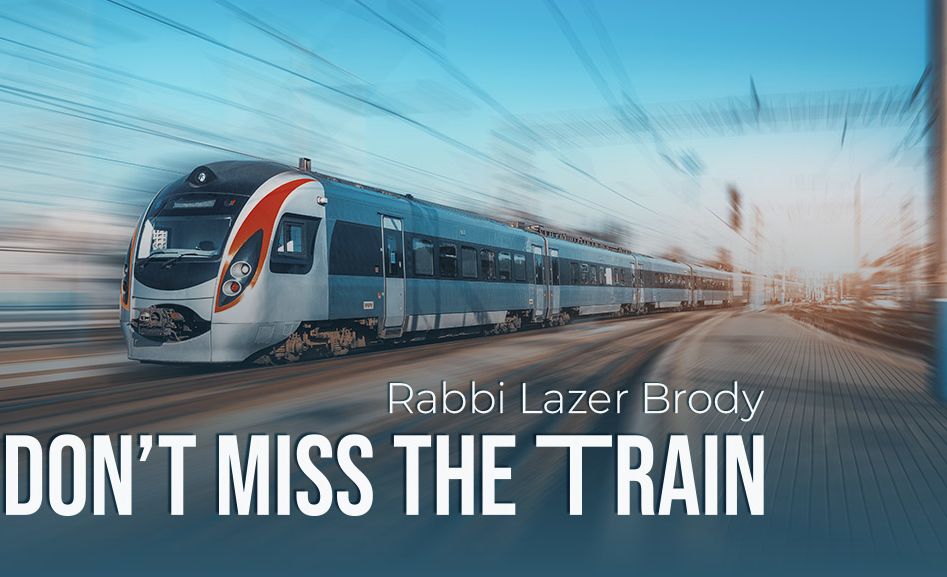

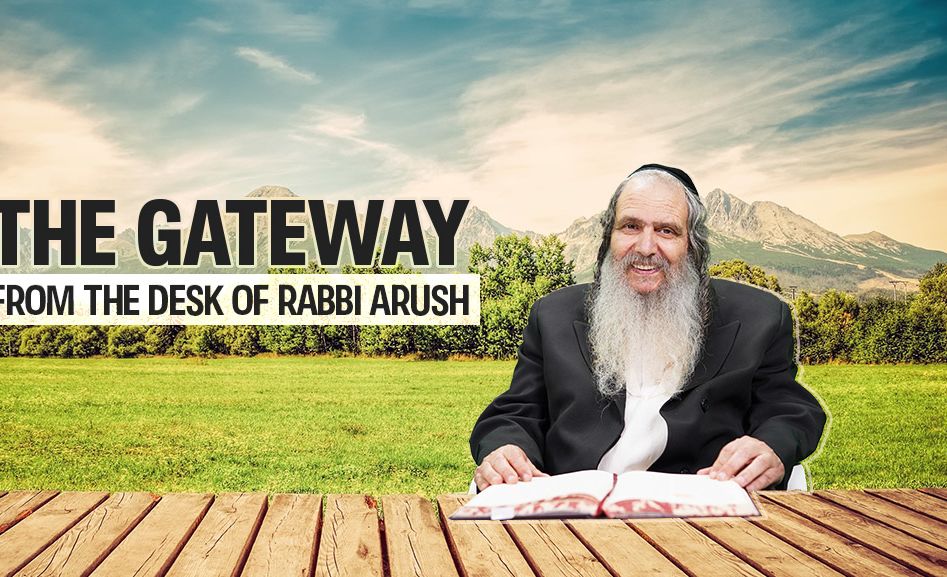
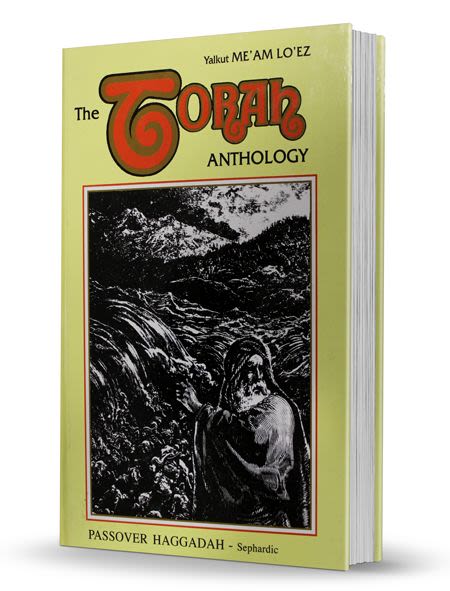
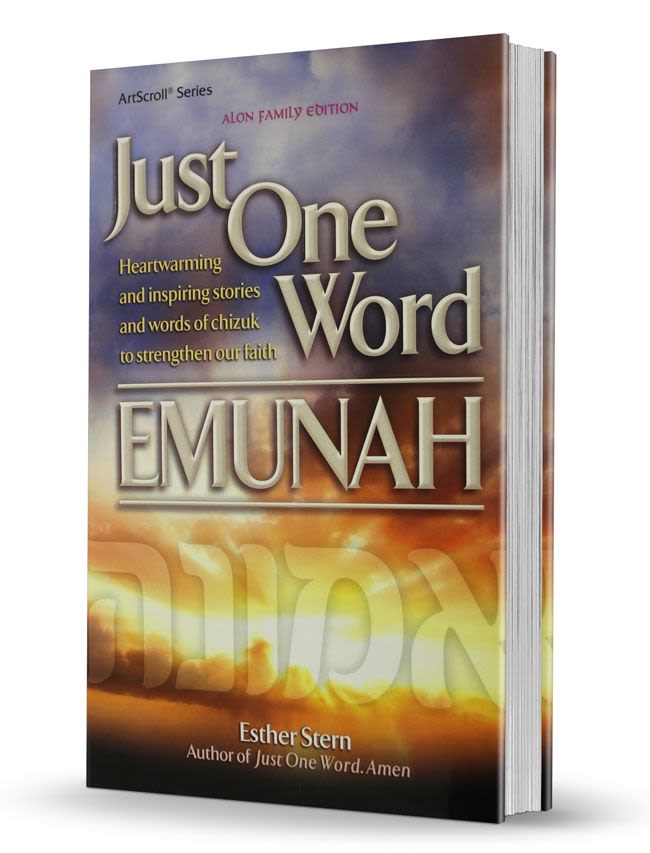
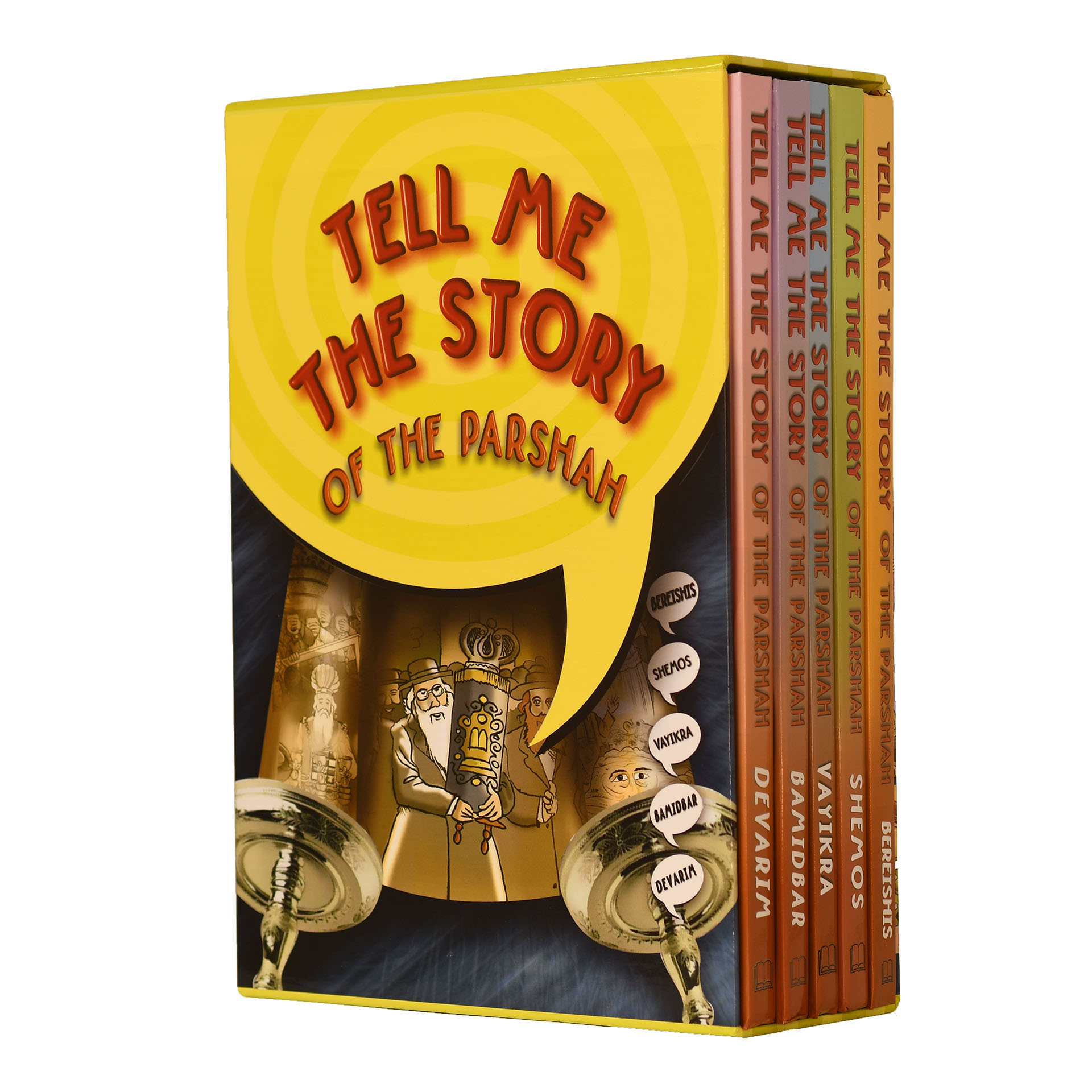

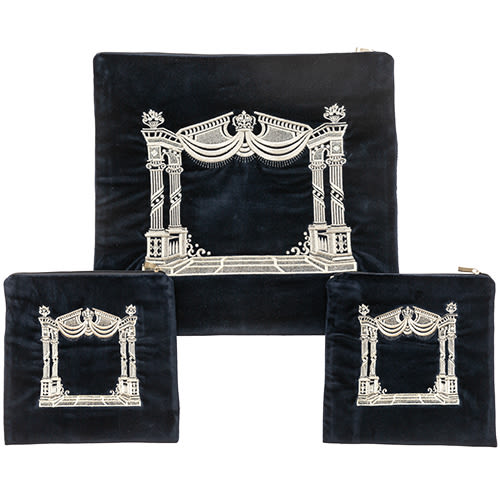
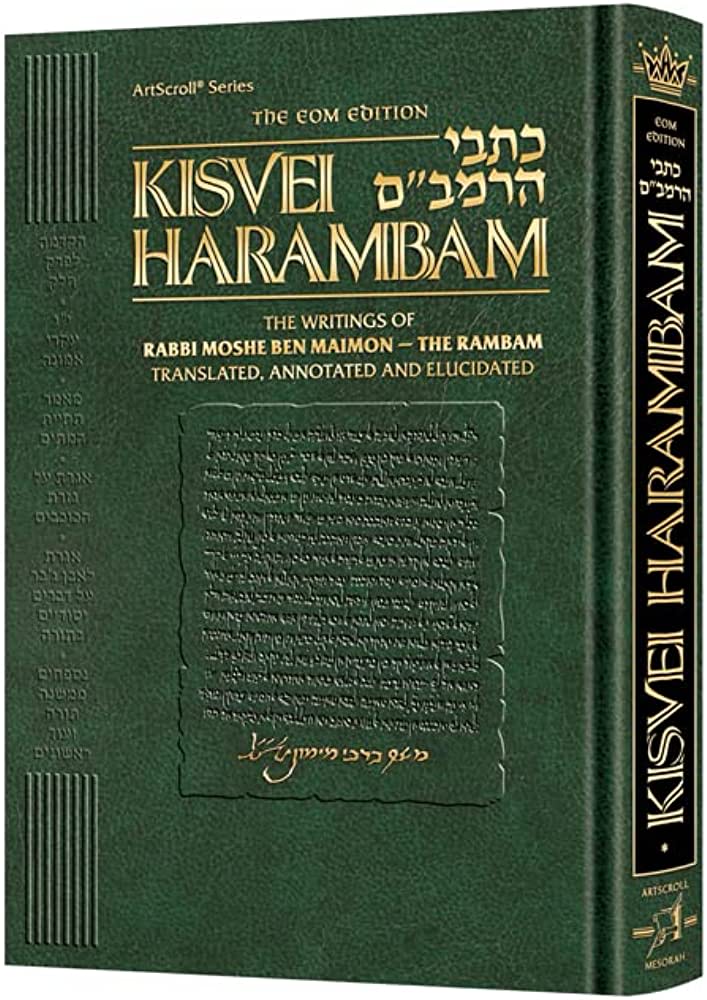
Tell us what you think!
Thank you for your comment!
It will be published after approval by the Editor.